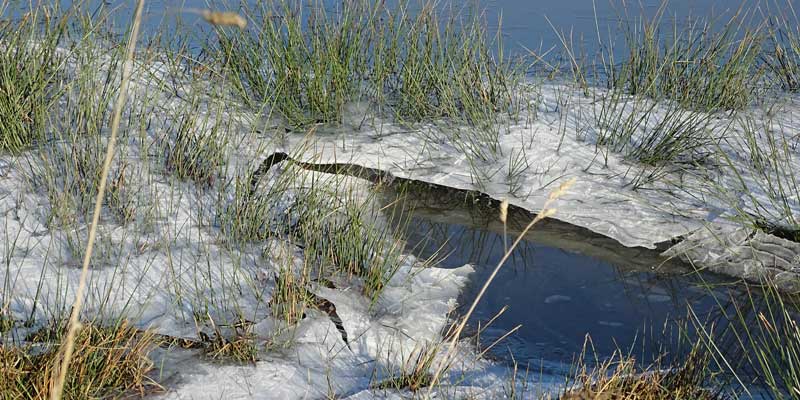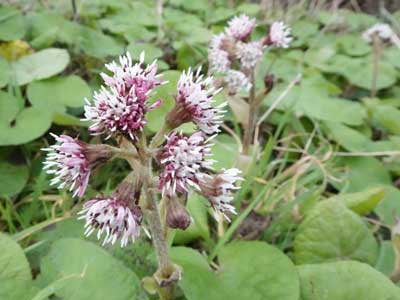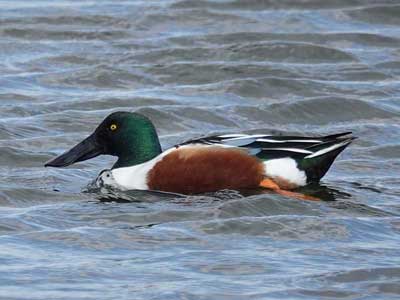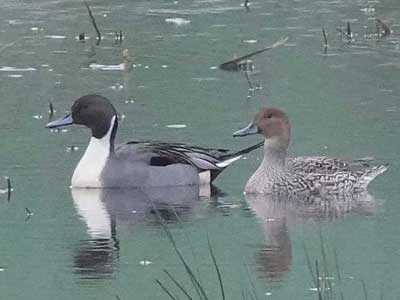Nature's Calendar

Winter
Winter is a quiet time for plants and insects as most of the plants will have stopped flowering, the deciduous trees will have lost their leaves and most of the insects will have died, migrated or gone into hibernation. Many insects will have larvae developing ready to emerge as adults when the warm weather returns but these will mostly be out of sight, as will the hibernating adults. Some will be under ground and some under water. Others will be hiding inside hollow or rotting trees or under the bark. An unseasonal warm spell might tempt a few insects out of hibernation temporarily so you might see, for instance, an unexpected Peacock butterfly.

However, apart from the few plants that flower throughout the year, Winter Heliotrope is a plant that starts to flower in December and for several weeks can be seen in flower mainly along the beach section of the Park. Several trees will have produced catkins in the autumn but they won’t fully develop ready to spread their pollen until the spring. The first to do that will be the Hazel catkins which will turn yellow in January ready to spread their pollen on the wind.

Winter is, however, the best time of year to see the ducks and geese that over-winter on the pools within the Park. Most will be here by October and many will stay until at least March. In the winter months there will be hundreds of Wigeon, Teal and Shoveler ducks, lots of Gadwall and quite a few pairs of Pintails.

The resident Grey Lag Geese will have been joined by hundreds of migrants and also some Canada Geese. There are usually about a hundred Lapwing on the flood meadows during winter if the water is not too deep. Fieldfare and Redwing are members of the thrush family that only visit us during winter and can sometimes be seen in the fields and hedgerows.

